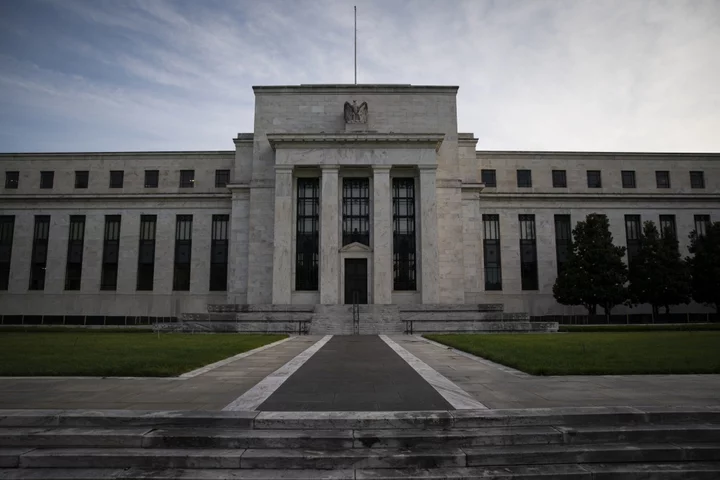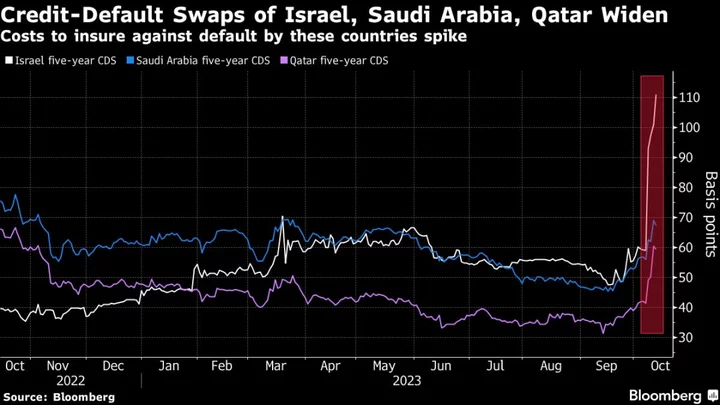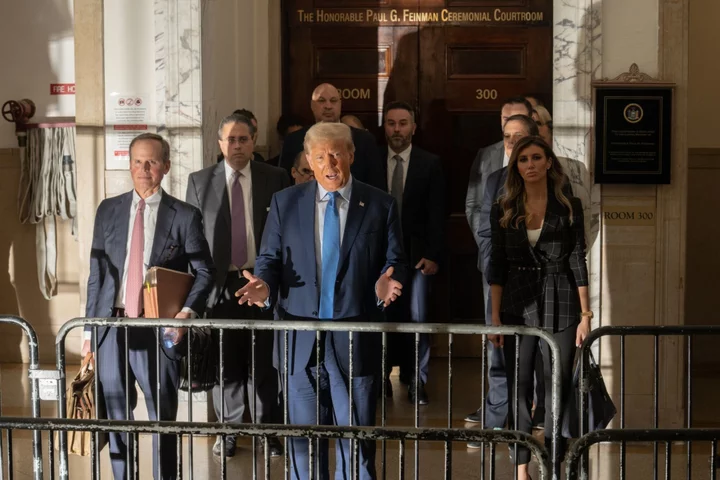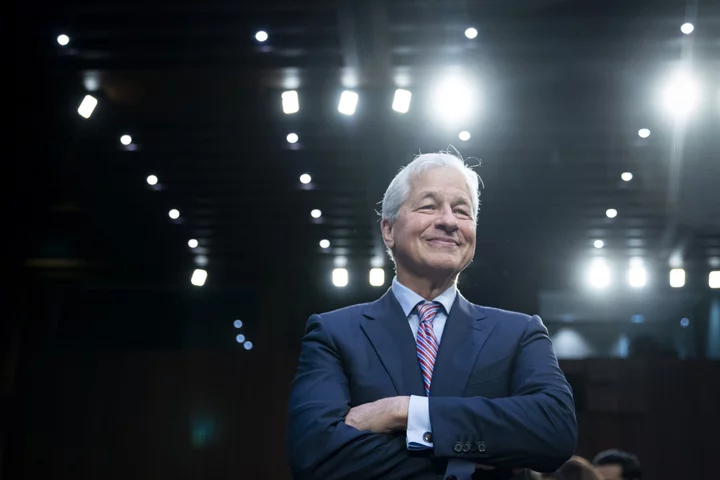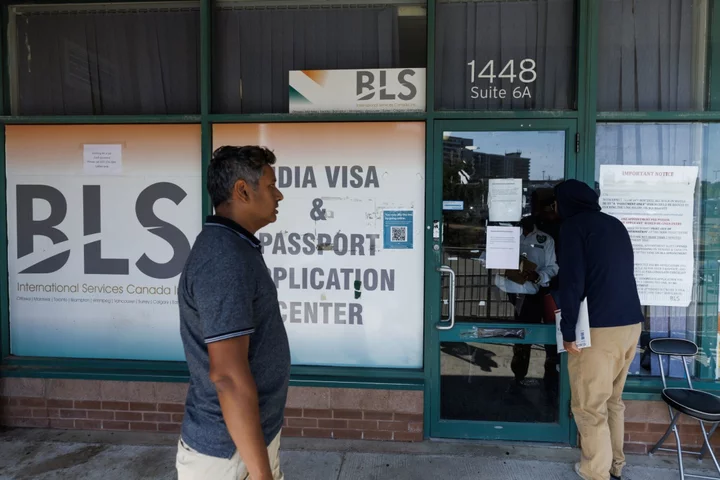The Federal Reserve said it is stepping up scrutiny of lenders’ involvement in digital assets, the latest move by the US regulators to limit banks’ involvement in crypto.
The Fed said Tuesday it had set up a program to strengthen oversight of activities involving digital assets and blockchain technology by the lenders it oversees. Over the past year, the central bank and other regulators have repeatedly warned lenders to be wary of risks associated with the asset class.
The program will also focus on banks’ partnerships with firms that aren’t lenders to provide services to customers. “The goal of the novel activities supervision program is to foster the benefits of financial innovation while recognizing and appropriately addressing risks to ensure the safety and soundness of the banking system,” the Fed said in a statement.
The Fed, Federal Deposit Insurance Corp. and the Office of the Comptroller of the Currency in January detailed concerns with the volatile asset class. Officials said it was important that risks that can’t be controlled aren’t allowed to migrate to the banking system.
Since then, federal regulators have put in place policies that many crypto backers have said are hostile to the asset class. In additional to increasingly direct warnings, watchdogs denied a crypto firm’s application to become a member of the Fed system.
The Fed also said Tuesday that state-chartered banks must get the central bank’s sign off before issuing, holding or transacting in stablecoins to facilitate payments. The move could affect the plans of lenders based in states that are considered to be more friendly to crypto, but that are still overseen by the central bank.
Under the new guidelines, state-chartered banks overseen by the Fed would have to demonstrate that they have appropriate safeguards in place to mitigate risks, including liquidity, cybersecurity and illicit finance risks.
They would also need to show that they can continually monitor those issues. The lenders would have notify the Fed before engaging in certain stablecoin activities, and wait until they’ve received “a written notification of supervisory nonobjection” before proceeding.
(Updates with details from Fed starting in third paragraph.)

